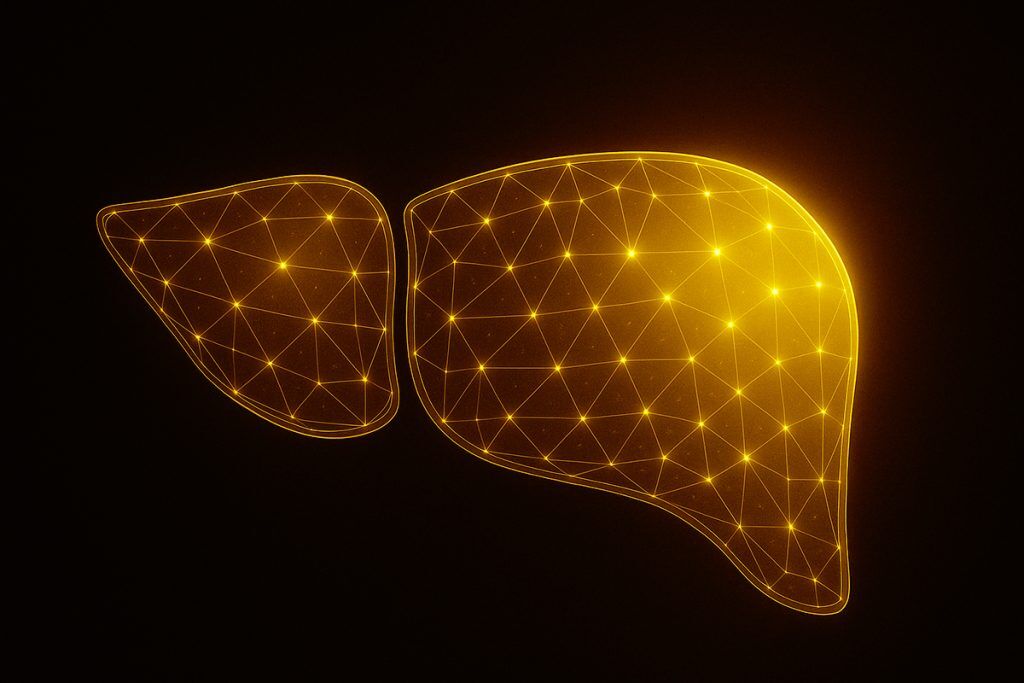
– Master the art of healthy aging: Learn how to shape key factors for long-term high quality of life –
The quest for a long and healthy life has led to a fascinating discovery—sirtuins. These proteins/enzymes regulate crucial cellular processes affecting our health and longevity (e.g. through epigenetic „tweaks“). This article delves into the function of sirtuins, their impact on our health and offers practical tips to enhance their activity.
Key Facts on Sirtuins
Basic Understanding of Sirtuins
- Definition and Classification: Sirtuins are a family of enzymes known as NAD+-dependent deacetylases, present in nearly all organisms. Ranging from SIRT1 to SIRT7 in humans, they have different cellular locations and functions, playing a key role in lifespan regulation, cell health and metabolism.
Biological Functions and Mechanisms
- Cellular Stress Resistance and DNA Repair: Sirtuins are crucial for maintaining cellular integrity under stress conditions. They enhance the cell’s capacity to repair DNA damage, contributing to genome and epigenome stability. By deacetylating histones and non-histone proteins, they directly influence chromatin structure and gene expression.
- Energy Metabolism and Mitochondrial Function: Sirtuins regulate energy metabolism by modifying key enzymes of glucose and fat metabolism. SIRT3, SIRT4 and SIRT5, located primarily in mitochondria, are crucial for maintaining mitochondrial efficiency and dynamics (mitochondria are the „power plants“ of our cells).
- Cellular Energy Status: As sensors of the cellular energy status, sirtuins adjust metabolism to available resources, optimize energy production, and promote cell health.
Impact on Health and Longevity
- Aging Delay: Activation of sirtuins has led to lifespan extension in several model organisms. They play a role in delaying aging signs and preventing age-associated diseases like diabetes, neurodegenerative disorders and cardiovascular disturbances.
Activating Sirtuins through Lifestyle Factors
- Dietary Activators: Certain diets, especially whole, plant-based ones, and nutrients, particularly those rich in polyphenols like resveratrol, can increase sirtuin activity. These natural compounds, found in red wine, dark chocolate, berries and nuts, modulate sirtuin activity, offering potential health benefits.
- Molecular Mechanisms of Action: The activation of sirtuins by these nutrients occurs through an increase in cellular NAD+ levels or a direct interaction with the sirtuins. This leads to improved mitochondrial function, enhancement of oxidative defense and optimization of energy management.
- Caloric Restriction and Sirtuin Activation: Caloric restriction, known for its lifespan-extending effect, activates sirtuins, especially SIRT1. This mechanism underscores the connection between diet, metabolism and longevity.
- Physical Activity: Regular exercise boosts sirtuin activity, supports metabolism and promotes overall health.
Research and Future Perspectives
- Current Studies and Insights: Research is increasingly focused on identifying new activators and inhibitors of sirtuins to unlock their therapeutic potential. Exploring the role of sirtuins in disease pathogenesis and their possible use as biomarkers for healthy aging is forefront.
- Challenges and Opportunities: As evidence for the role of sirtuins in health and longevity grows, many questions remain regarding optimal activation strategies, long-term effects and individual variability in response to sirtuin modulation.
10 Tips to Optimize Sirtuin Activity
- Caloric Restriction: A moderate reduction in calorie intake can boost sirtuin activity.
- Sirtuin-activating Foods: Include foods like walnuts, berries, dark green leafy vegetables and dark chocolate in your diet.
- Regular Physical Activity: Exercise increases sirtuin activity and improves metabolism.
- Intermittent Fasting: Periodic fasting promotes health and sirtuin activity.
- Stress Management: Techniques like meditation or yoga can reduce stress and protect sirtuin function.
- Adequate Sleep: Good sleep supports physical regeneration and sirtuin activity.
- Avoid Smoking and Excessive Alcohol: Both can negatively affect sirtuin function.
- Balanced Diet: A nutrient-rich diet supports sirtuin activity and promotes health.
- Dietary Supplements: Consider supplements like resveratrol to support sirtuin activity.
- Live a Fulfilling Life: Satisfaction and a meaningful life can promote well-being and indirectly boost sirtuin activity.
Conclusion
Sirtuins hold immense potential to actively influence our epigenome, thus our health and longevity. Through proper nutrition, regular exercise and a healthy lifestyle, we can fully leverage the benefits of these „secret weapons“ for a longer, healthier life.
References
- „Sirtuins, aging, and medicine.“ – The New England Journal of Medicine
- „NAD+ and Sirtuins in Aging and Disease“ – Trends in Cell Biology
- „Metabolic Control of Longevity“ – Cell
- “ Lifespan: Why We Age—and Why We Don’t Have To.“ – David Sinclair
- „Therapeutic potential of resveratrol: the in vivo evidence.“ – Nature Reviews Drug Discovery
- „Promoting health and longevity through diet: from model organisms to humans.“ – Cell
- „Impact of intermittent fasting on health and disease processes.“ – Ageing Research Reviews
- „The many faces of sirtuins: Sirtuins and the Warburg effect.“ – Nature Medicine
- „Geroscience: linking aging to chronic disease.“ – Cell
- „Xenohormesis: Sensing the Chemical Cues of Other Species.“ – Cell



